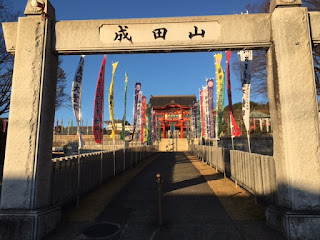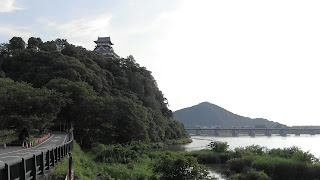Japanese government asks citizens to stay home in New Year’s Day after the newly infected cases reached a record high
The third wave of infections continue to sweep through the country
The Tokyo Metropolitan Government announced on December 31 that the number of daily confirmed new cases of coronavirus infection was 1,337, significantly higher than the record high of 949 marked on December 26. The number of newly infected people in Japan also reached a record high of 4,519 as of December 31, surpassing 4,000 for the first time deepening concerns about hospital capacity.
The Governor of Tokyo called on the citizens of Tokyo to spend the New Year quietly with their families at home and asked to refrain from going out unnecessarily and to forgo dining out for New Year's party. In addition, she said if the spread of the infection could not be contained, she would have to request the Japanese government to declare the state of emergency.
The number of hospitalized coronavirus patients in Tokyo hit a
record high and the number of people with serious symptoms has also reached a
new high since a national state of emergency was lifted in May. Experts have
warned that a rise in these figures puts medical institutions under further
strain.
Shrines and temples call on people to avoid visits on the first three days of the New Year's Day
During the year-end and New Year holidays, a large number of people visit shrines and temples nationwide ever year, but some shrines will stop accepting visitors from the night of December 31 to New Year's Day to curb COVID-19 risks. Concerns grew that the rush to visit shrines and temples over the holidays resulted in closed, crowded and close-contact settings, which are said to increase the risk of coronavirus infection.
The famous Shinto shrines and Buddhist temples among Japanese attract about 3 million people every year during the first three days of New Year. However, visitors were sparse with stalls and restaurants on the premises closed and signs set up to urge visitors to keep a distance each other at those shrines and temples which decided to stop accepting visitors in order to prevent congestion. Those shrines and temples call on people to avoid visits on the first three days of the new year and not to come in large groups.
The Nikkei Stock Average ended at the highest level in 31 years despite the pandemic torment
Meanwhile, despite the spread of the coronavirus, the Japanese stock market has ended a booming year. The Nikkei Stock Average on December 30, when the transaction was ended for the year, closed at 27,444 yen. This is the highest level in 31 years since the end of 1989, when the year-end closing price reached a record high. It plummeted due to the spread of the new coronavirus around March, but it rose toward the end of the year thanks to expectations for vaccine development and massive financial operations to support the economy by the government.
The range between high and low prices for the year was the largest in 30 years. The difference between the bottom range marked on March when panic sales prevailed the market due to the spread of infection worldwide and the high price reached on December 29 was 11,015 yen, the largest in 30 years since 1990. The trading volume in terms of net value increased by more than 10% compared to the previous year at the first section of the Tokyo Stock Exchange. Among listed companies with a large market capitalization, stock price of the SoftBank Group, which invests many high-tech companies, increased by 70%.
On the other hand, stocks of banks, railroads and airlines fell due to concerns about a reduction in profits caused by falling interest rates and decreasing travelers. While monetary easing by the central banks of each country will continue this year and the coronavirus vaccine deliveries will proceed, many investors expect an economic recovery will also extend this year in Japan. From this perspective, some of those Japanese stocks that have been neglected at such a bargain price may draw attention of investors.





Comments
Post a Comment